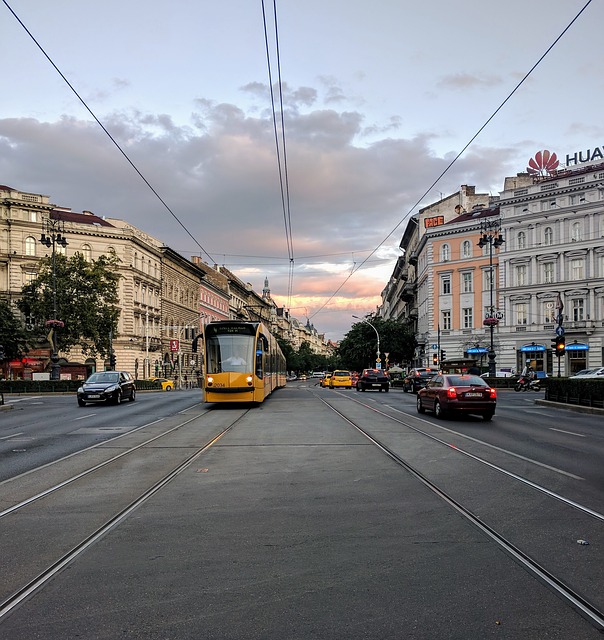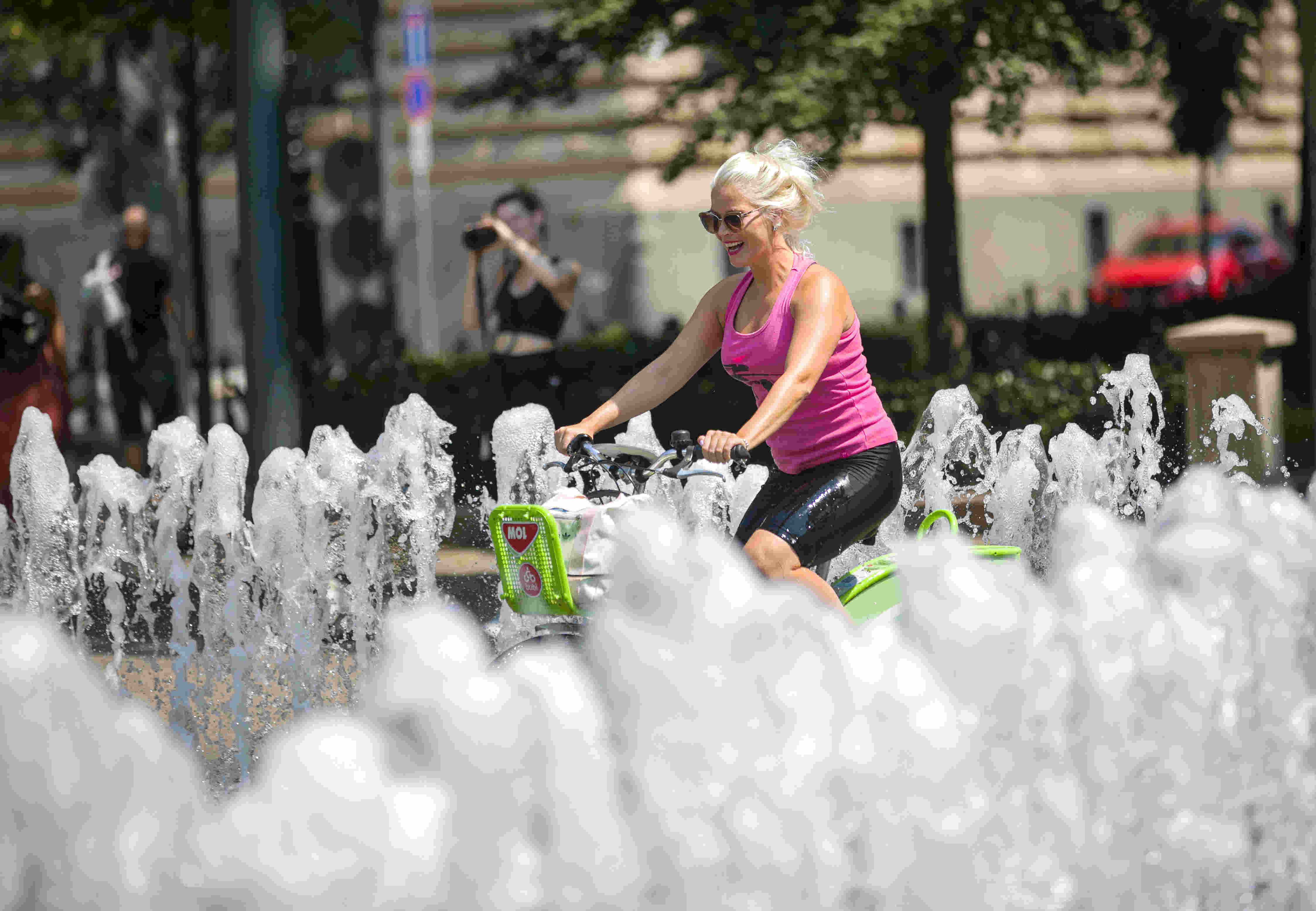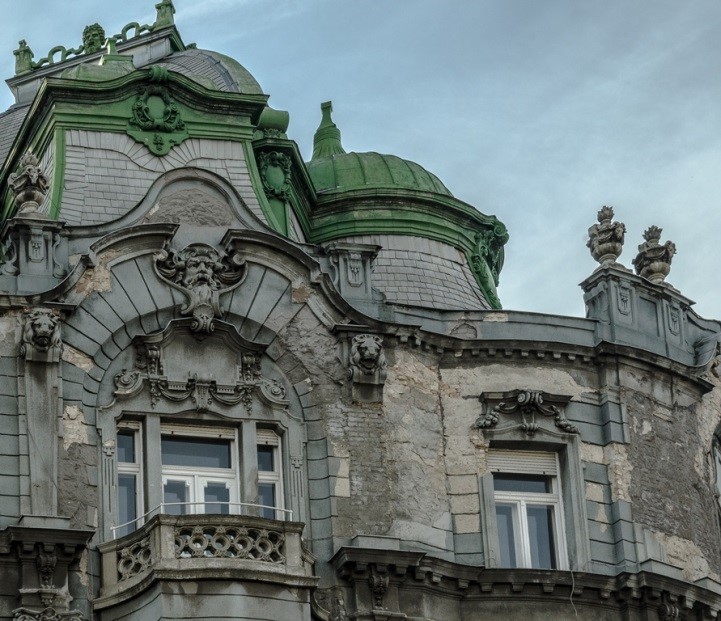The future of Budapest’s Grand Boulevard: shopping street, community space, or green area?

Pedestrians, local businesses, cultural values – here are some of the key points of the proposal submitted by 18 civil society organisations to the leaders of Budapest, concerning the development of the Grand Boulevard into a more liveable urban space.
In an open letter to the mayor of Budapest and the local government of the six affected districts, 18 civil society organisations have proposed their ideas about restructuring the Grand Boulevard (Nagykörút), one of the busiest transport corridors in central Budapest. The organisations, listed under the letter published by Építész Fórum, are involved in matters such as urban and sustainable development, transportation, and community organisation.
The letter starts by emphasising the importance of creating a liveable and enjoyable urban environment, a matter that has been pushed to the background amid discussions about traffic calming measures in the recent period. The organisations claim that
“questions of urban policy cannot be addressed with answers that only consider transportation,”
and that all urban functions should be taken into consideration when it comes to the comprehensive development of urban spaces.
“Instead of an axis that only serves transit traffic, the Grand Boulevard should be transformed into Pest’s main street for culture, commerce, and catering; a green, shady promenade; the main meeting point between the Hungária Boulevard and the Small Boulevard (Kiskörút).”

Photo: Pixabay
Green and community-friendly
The proposals, organised into eight bullet points, primarily concern the protection of vulnerable road users such as pedestrians, cyclists, as well as children, the elderly, and people with reduced mobility. As it is pointed out, neither parking spaces nor bicycle lanes should be created at the expense of pedestrians.
Child-friendliness is also promoted through the proposed installation of community spaces and green areas, which should be provided up to 500 metres from one’s residence, in areas protected from loud and fast traffic. The proposal also suggests a ban on highly polluting vehicles to ensure an urban space free of noise and air pollution.

Green areas are also crucial in the battle against climate change, reads another paragraph of the proposal. Protection of trees is critical, and so is providing city dwellers with personal spaces where they can cultivate their own plants.
Culture and local economy
The organisations highly suggest the reinforcement of culture through the involvement of major institutions (e.g. cinemas), business premises, and relevant cultural figures. Awareness should be made of the large number of buildings along the Boulevard that “represent an immense cultural value“.

Photo: Vanda Szemán
For the revival of local businesses and shopping streets, it is crucial to limit car traffic in order to provide enough space for unloading and the stimulation of pedestrian and cyclist traffic for increased consumption. Local businesses play an essential role in supplying local households and in creating job opportunities, and the same applies for catering facilities, which – apart from the party district – are of rather poor quality.
Though the organisations call for setting up a “street management body” to work out a detailed plan based on the above, they vision a development process that takes place with the active involvement of people, as “locals and communities […] are the real experts of local needs”.
Source: epiteszforum.hu







